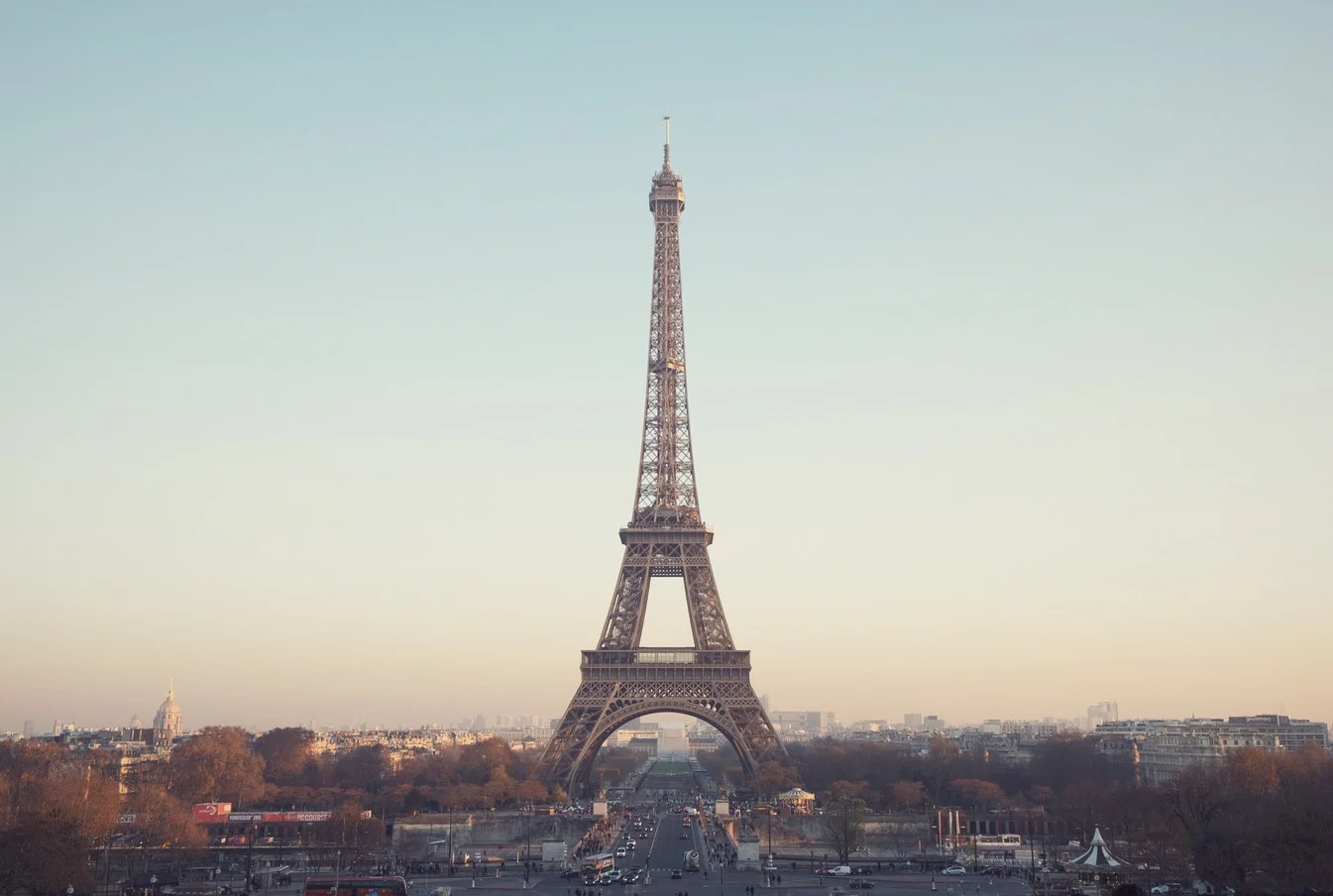December 7, 2015
When Victoria Branscomb returned to Paris Nov. 16, the atmosphere was completely foreign. She had been living in the city since August; it was her home. But so much had changed over the short weekend she spent in Dublin. She boarded the nearly empty metro to return to her apartment and physically jumped with every sudden movement around her. Nothing felt the same.
A normal Sunday morning metro ride consisted of filled seats and polite small talk, but that day it was eerily somber and scarcely anyone left their homes. Branscomb had read every article she could find about the terrorist attack by the Islamic State that took place while she was on a flight to Ireland, blissfully unaware of the turmoil occurring 33,000 feet below her. But nothing could have prepared her for the impending fear she would face when she was back in the city.
The brutal attack claimed the lives of 130 victims and left 353 others wounded. The nationalities of victims ranged over nine countries, and the death toll included one 23-year-old American student, Nohemi Gonzalez. These horrific attacks targeted a concert hall, a soccer stadium as well as several restaurants and bar areas. It was an attack on innocent civilians.
“The attacks had occurred in places I often go,” Branscomb said. “All I could think that entire weekend was, ‘where would I have been if I hadn’t come to Ireland?’”
Americans make up roughly 20 percent of the 3.4 million international students abroad. Branscomb is a senior at Brigham Young University studying French and global business and working an accounting internship in Paris that had been set up by the BYU French department. As news of the terrorist attack broke around the world, panic struck the hearts of thousands of parents with children studying abroad.
“[My parents] were ready to fly me home from Ireland, but much to their dismay, I knew that I needed to go back,” Branscomb said. “I felt this connection to the people I had met here in Paris. I felt that it would almost be selfish of me to leave out of fear, because I would be leaving the people I love in a place where they are feeling helpless.”
Troy Stiles, the marketing and communications manager for International Studies Abroad, said he and the marketing team have had to release statements on their social media pages to repeatedly assure students and families that safety is their utmost priority. ISA is a popular external program that is not affiliated with a specific university and offers studying and internship programs in 31 different countries across six continents.
The assistant of student services for the Paris ISA office, Manon Vernier, said because the attack was on a Friday night, many of their students were actually out of the city traveling for the weekend.
“We of course still contacted each student to confirm their safety and offered times for students to get together to discuss how they were feeling,” Vernier said. “All of our students were thankfully physically unharmed in the attacks, but it’s an emotionally draining thing to experience first hand and we want students to be able to talk about how it affected them.”
The University of Arkansas luckily has no students studying in Paris right now, said Sarah Malloy, assistant director of faculty-led programs and risk management. But that didn’t stop parents and students from calling the office to voice their concerns about how safe it is to be going abroad next semester. Additionally, the study abroad office received calls from parents of students studying in other parts of Western Europe.
“I hate the idea that something like this is going to stop students from the study abroad experience,” Malloy said. “Yes, this is a horrific tragedy, but that’s the world we unfortunately live in today and it shouldn’t stop us from living our lives. You prepare for the worst and hope for the best.”
Victoria Branscomb said although she wasn’t in Paris during the attacks, it was still one of the most terrifying nights of her life. As she and her friends went through the Irish border patrol, they were met with frantic questions from customs agents documenting each of their answers.
Why are you traveling to Ireland this evening? Why were you in Paris? What is your business in Europe?
The only thing the airline crew had told the passengers of the RyanAir flight was that “a few small shootings” had occurred in Paris and there was certain protocol that had to be followed. It was not until she got into the Dublin airport that Branscomb began to grasp the severity of the situation.
“I was completely stunned and had millions of emotions running through me,” Branscomb said. “I had 156 text messages when I connected to Wi-Fi and immediately contacted my family to find them in hysterics. For hours, they didn’t even know if I was alive.”
She and her three friends spent the majority of the weekend in their hotel, fearing for their friends and co-workers and spending sleepless nights being haunted by nightmares. President François Hollande had declared a state of emergency and shut down French borders; it was unknown when they would even be able to get back into France.
Branscomb and her friends were able to take their scheduled flight, but were terrified to see the home that would greet them. The normally bustling streets and crowded metro stops were hauntingly quiet, Branscomb said. The city remained in a state of mourning for days as its people attempted to comprehend what had occurred.
“I am still trying to find a balance between living in fear and being aware of my surroundings,” Branscomb said. “It’s comforting to see global support for Paris. I pray that we can fight terrorism with caution, and not let the fear take over our lives.”
